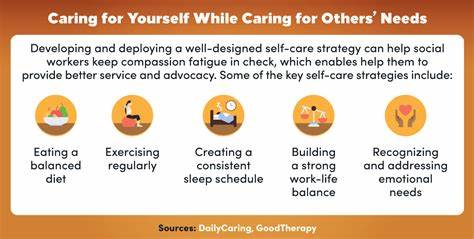Compassion fatigue is the sister of burnout, and she comes bearing gifts.
Compassion fatigue is not a common household name. According to the Marriam-Webster dictionary, compassion fatigue is ‘the physical and mental exhaustion and emotional withdrawal experienced by those who care for sick or traumatised people over an extended period of time.’
Does this sound like something you or someone you know is going through? Maybe you aren’t sure and thus feel hesitant or conflicted. In that case, read on to find out.
Firstly, having compassion is important and encouraged because it is a way through which we express our care for others. Yet, there comes a time when you are so exposed to other people’s trauma and what they are going through that you start to become tired and no longer care. This, if untreated, can impact the way a person cares for other people.
Causes of compassion fatigue
- Exposure to trauma, be it during work or the media that you consume
- Caregiving responsibilities like being a parent or guardian
- Lack of boundaries is because people can abandon their own wellbeing and pay attention to others’.

According to Dr. Brown There are some signs that you may be experiencing compassion fatigue:
- Decreased interest in other people
- Decreased productivity
- Inability to separate personal from professional
- Decreased sympathy/empathy
- Increased alcohol and drug consumption
- Intrusive thoughts
- Sleeping problems
- Easily irritated or angered
- Hypervigilant
- Emotionally numb
“It’s almost like having no care left to give because it’s all been used up.”
Kati Morton
Tips to remedy compassion fatigue:
- Give it time. The same way you didn’t feel it slowly creeping in until it was staring you right in the face, you should give it time. Whatever changes you make should have a remedial period of at least 3 months and at most 6 months.
- Focus on one thing. Yes, this is the time when you should single-task.
- Perform activities that relax your mind. Invest in a colouring book or a 1000-piece puzzle, and slowly complete it. Deliberately taking time to do something rewires your brain and teaches it that you have all the time in the world. You don’t have to rush through because there isn’t anything waiting on your time that you have to tend to.
- Schedule time for people. Depending on your living situation, schedule time to talk to your parents, siblings, friends, and other people that you are close to and connect with often. For example, you can schedule to talk to your mom every morning for 10 minutes and have a video chat with your friend every Sunday evening for an hour. Then, you don’t talk {and at least not for long} to these people outside of the allocated times to free up more time for you to attend to other things. You can also explain to them that these are the times you can respond to them while you work through something.

It is important to note that compassion fatigue can be caused by burnout or exposure to traumatic experiences. People in social work, nursing, and even old-age caretakers may often experience compassion fatigue.



